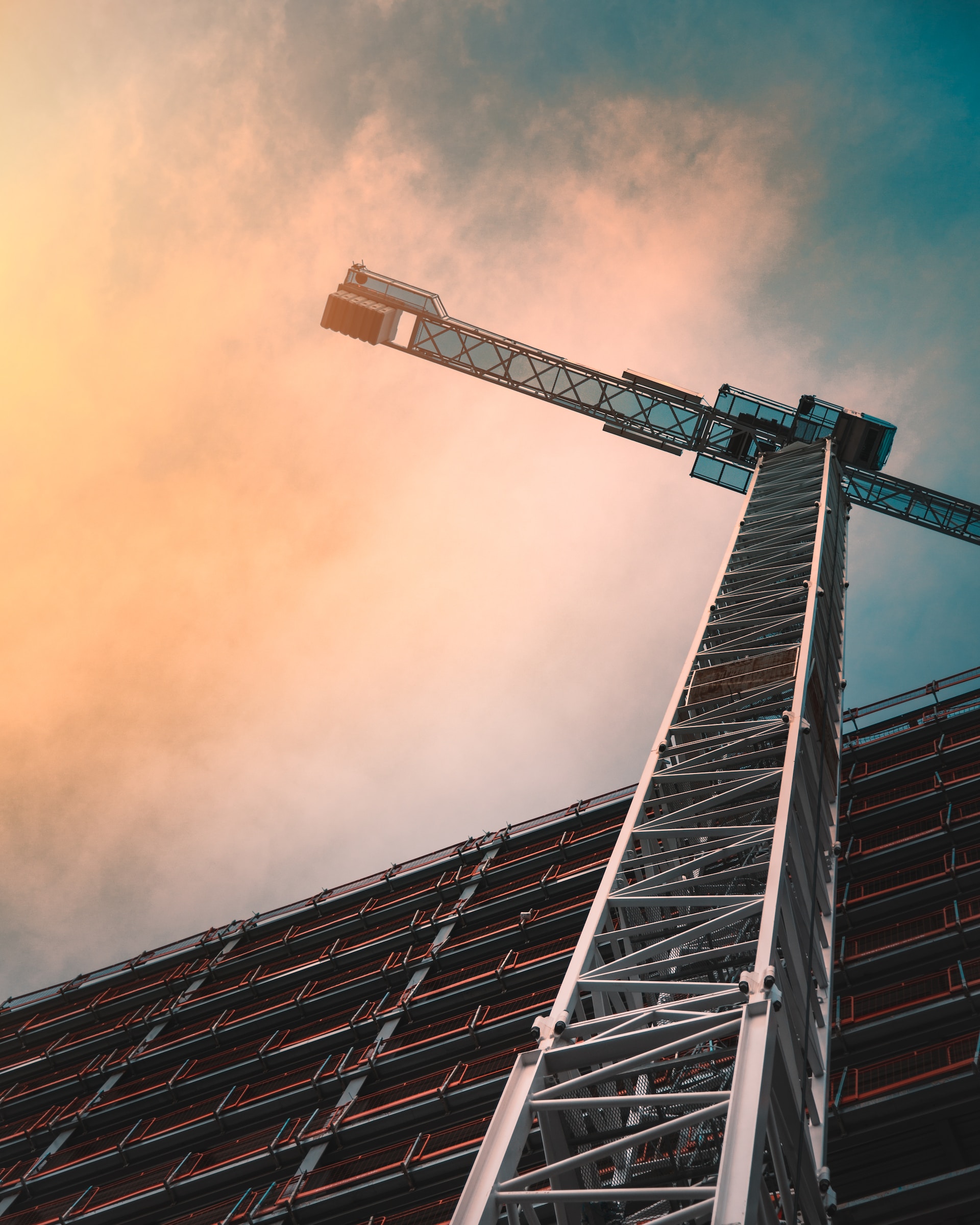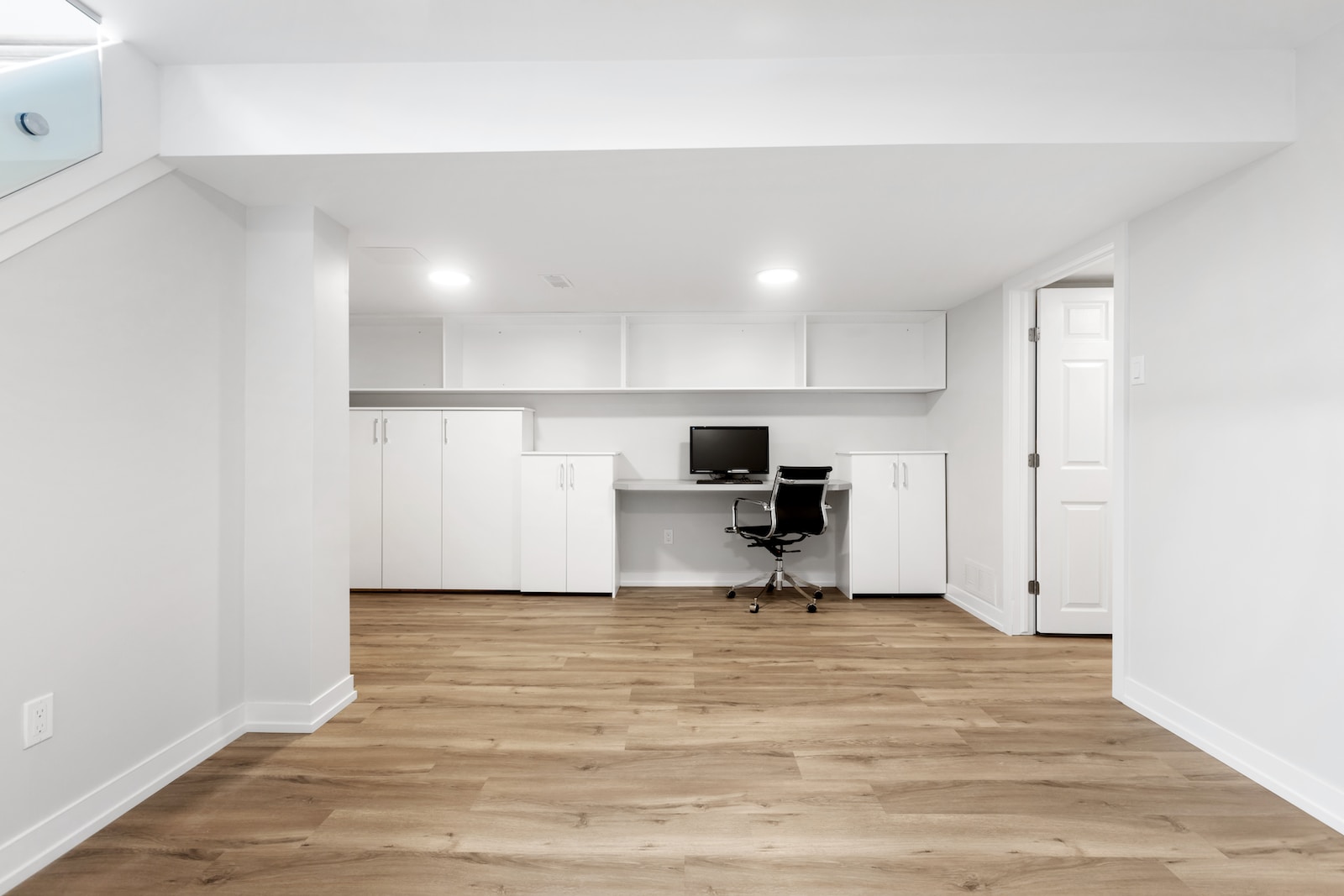Mario Carrozzo is a seasoned business leader with extensive experience of the property market. As the founder and CEO of Caridon Group, which acts as a private provider of social housing, his primary responsibilities include overseeing corporate growth and acting as the lead on both the business’s short and long-term operational strategies. Mr Carrozzo’s goal is for Caridon Group to innovate within the social housing sector and become a Housing Association. This article will look at social housing and the toll that a decades-long lack of investment in social housing is taking on the housing market today.
Social housing is rented from councils or housing associations at reduced rents, or it may be ‘part-rented, part-sold’ as shared ownership. Social housing is typically much more affordable than housing on the open market. It exists to help those struggling to buy or even rent and is usually created using government funding.
The concept of social housing actually dates back to medieval times, when charitable housing providers and almshouses affiliated with religious orders or altruistic benefactors provided shelter to the infirm, elderly and poor.
In the wake of devastation caused by World War II, the UK embarked on a huge programme of social housing creation, with councils building some 147,000 homes annually by the 1950s, on average. However, when the Right to Buy Act came into force in 1980, this enabled many council house tenants to purchase their homes, drastically reducing the amount of social housing stock available today.
The UK housing market relies on different property types to buy and rent. Historically, social housing was a key component in the UK housing market. For decades now, there has been a sustained lack of investment in social housing, culminating in a variety of problems across the housing system, including:
- Overreliance on private housebuilding, which experts warn is incapable of meeting UK housing needs
- Declining rates of homeownership, with high rents leaving private renters unable to save a deposit
- Strained communities and local labour markets, with young people and families effectively priced out of many areas
- A negative impact on remaining social housing stock, with decreasing rent revenues leaving many social housing providers struggling to improve homes adequately
A home is a basic human need. It is much more than an individual having a roof over their head. Rather, having somewhere to call home enables people to put down roots in local communities, providing a stable foundation to build their lives.
However, across the United Kingdom today, millions of citizens are being denied this basic right, faced instead with sky-high private rents, housing insecurity, poor housing conditions and, in a rising number of cases, homelessness.







